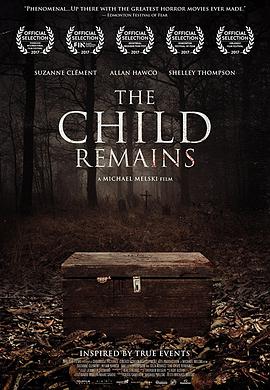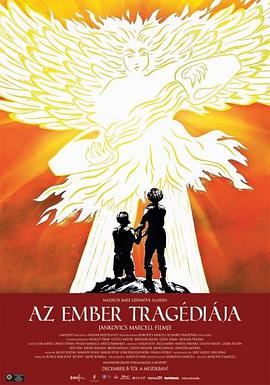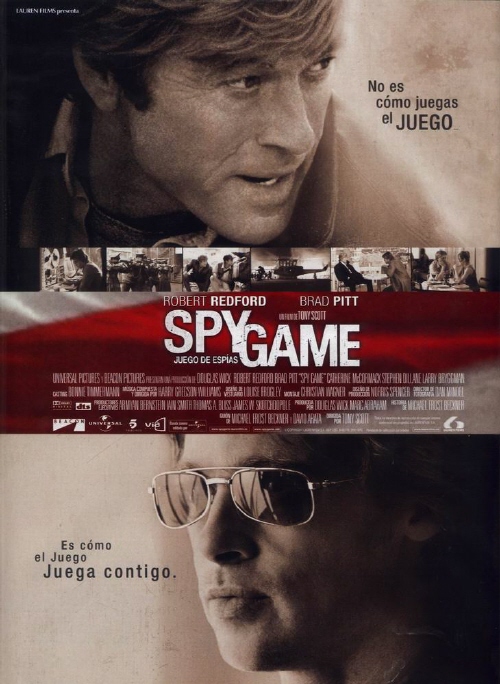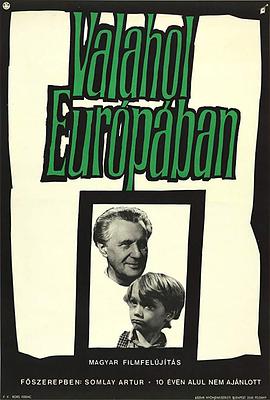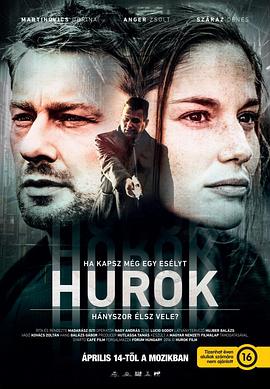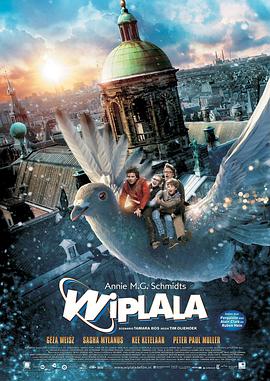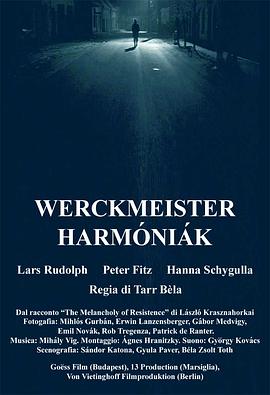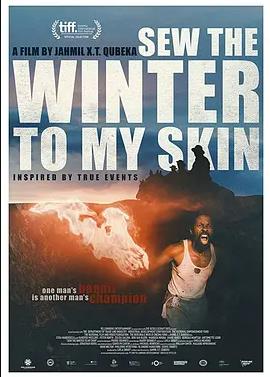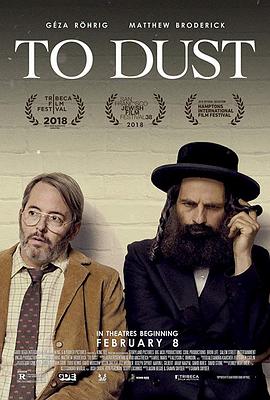Géza
搜索"Géza" ,找到 9部影视作品
导演:
/
Radványi Géza
主演:
剧情:
Somewhere in the remote region, the war ends. In the midst of ruined cities and houses in the streets, in rural hamlets, everywhere where people still live, are children who have lost their homes and parents. Abandoned, hungry, and in rags, defenseless and humiliated, they wander through the world. Hunger drives them. Little streams of orphans merge into a river which rushes forward and submerges everything in its path. The children do not know any feeling; they know only the world of their enemies. They fight, steal, struggle for a mouthful of food, and violence is merely a means to get it. A gang led by Cahoun finds a refuge in an abandoned castle and encounters an old composer who has voluntarily retired into solitude from a world of hatred, treason, and crime. How can they find a common ground, how can they become mutual friends? The castle becomes their hiding place but possibly it will also be their first home which they may organize and must defend. But even for this, the price will be very high. To this simple story, the journalist, writer, poet, scriptwriter, movie director, and film theoretician Béla Balázs applied many years of experience. He and the director Géza Radványi created a work which opened a new postwar chapter in Hungarian film. Surprisingly, this film has not lost any of its impact over the years, especially on a profound philosophical level. That is to say, it is not merely a movie about war; it is not important in what location and in what period of time it takes place. It is a story outside of time about the joyless fate of children who pay dearly for the cruel war games of adults. At the time it was premiered, the movie was enthusiastical偷偷掳ly received by the critics. The main roles were taken by streetwise boys of a children's group who created their roles improvisationally in close contact with a few professional actors, and in the children's acting their own fresh experience of war's turmoil appears to be reflected. At the same time, their performance fits admirably into the mosaic of a very complex movie language. Balázs's influence revealed itself, above all, in the introductory sequences: an air raid on an amusement park, seen in a montage of dramatic situations evoking the last spasms of war, where, undoubtedly, we discern the influence of classical Soviet cinematography. Shooting, the boy's escape, the locomotive's wheels, the shadows of soldiers with submachine guns, the sound of a whistle—the images are linked together in abrupt sequences in which varying shots and expressive sharp sounds are emphasized. A perfectly planned screenplay avoided all elements of sen新足球小将粤语timentality, time-worn stereotypes of wronged children, romanticism and cheap simplification. The authors succeeded in bridging the perilous dramatic abyss of the metamorphosis of a children's community. Their telling of the story (the scene of pillaging, the assault on the castle, etc) independently introduced some neorealist elements which, at that time, were being propagated in Italy by De Sica, Rossellini, and other film artists. The rebukes of contemporary critics, who called attention to "formalism for its own sake" have been forgotten. The masterly art of cameraman Barnabás Hegyi gives vitality to the poetic images. His angle shots of the children, his composition of scenes in the castle interior, are a living document of the times, and underline the atmosphere and the characters of the protagonists. The success of the picture was also enhanced by the musical art of composer Dénes Buday who, in tense situations, inserted the theme of the Marseilaise into the movie's structure, as a motive of community unification, as an expression of friendship and the possibility of understanding. Valahol Europaban is the first significant postwar Hungarian film. It originated in a relaxed atmosphere, replete with joy and euphoria, and it includes these elements in order to demonstrate the strength of humanism, tolerance, and friendship. It represents a general condemnation of war anywhere in the world, in any form.
导演:
/
贝拉·塔尔,阿尼亚斯·赫拉尼茨基
剧情:
一个位于匈牙利平原上的小镇迎来了一个马戏团,最为独特的是这个马戏团有一条鲸鱼的尸体和一个神秘的王子。自从这个马戏团来到这个小镇,所有的秩序都收到干扰致命呼叫,最终爆发了一场暴利与善良的冲突…… 幕后制作 前后制作长达四年,只有39个镜头,却与七个不同的摄影师合作,从美国、匈牙利、德国、法国等,以不同摄影师的独特风格创造出不同的精采片段,剧情以轮转式的从某一个角色的观点游移到另一个角色,鲸鱼马戏团在小镇上的出现,超过六百名的非职业临时演员,融合了早期纪录剧情片式的真实,加上精准的场面调度及强烈的视觉赛尔号大电影下载风格,以表现出东欧社会的现况,一块身处在欧洲社会的中央,却是国际社会最边缘局外的景况。
导演:
/
贾梅尔·奎比卡
剧情:
故事发生在20世纪50年代的南非大卡鲁地区,这部史诗般的存在主义查理曼大帝密码1冒险电影记录了亡命之徒约翰·凯普(John Kepe)的丰功伟绩,以及他的各种行为所影响的个人。这个罗宾汉式的人物将主要从白人定居者农民那里偷走牲畜,对他们进行了十多年的恐吓。在强硬派博塔将军的色即空4带领下,一场巨大的搜捕行动随之展开,就在那座山里,有传言说科佩住在诺亚方舟般的山洞里。这一奇观迎合了处于边缘地位的当地居民的心——他们把凯普的恶行变成了传说,使他对殖民地社会构成了威胁。把冬天缝在我的皮肤上,是一段进入种族隔离前南非心脏地带的激动人心的歌剧之旅,也是对殖民流离失所的影响的一次发自肺腑的探索,殖民流离失所为历史上最恶毒的种族主义hbad342政治政权之一埋下了种子。

